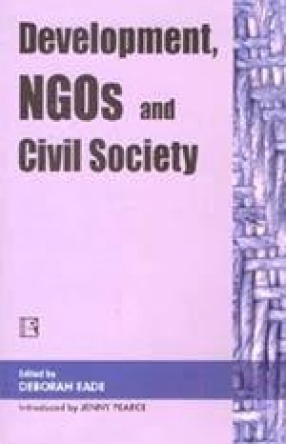
Showing all 8 books


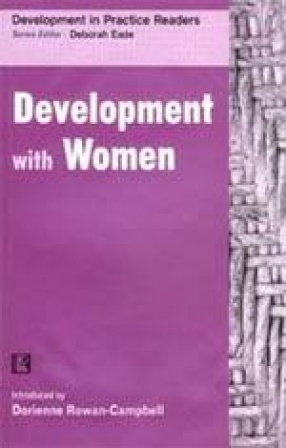
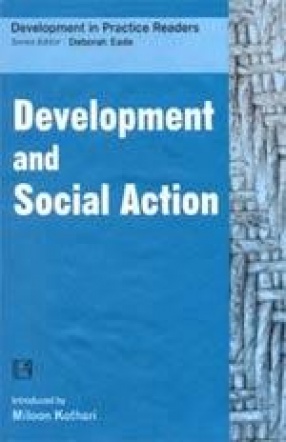


The rise of neo-liberalism and the so-called Washington consensus have generated a powerful international ideology concerning what constitutes good governance, democratization, and the proper role of the state and civil society in advancing development. As public spending has declined, the non-government sector has benefited very significantly from taking on a service delivery role. At the same time, non-government Organisations (NGOs), as representative of civil ...
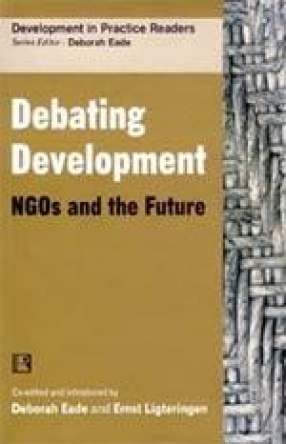
Non-government organizations working in the humanitarian and development sectors won official approval in the 1980s and 1990s, but there are signs now that they are losing favour. The NGO sector stands accused by some of complacency and self interest, on the one hand, and of being ineffectual and irrelevant on the other. NGOs are increasingly challenged to demonstrate their legitimacy as representative voices of civil society. NGOs themselves are taking a hard ...

Development is a complex process of negotiation over meanings, values, and social goals within the sphere of public action, and not simply a question of project-based interventions, or of quantifiable inputs and outputs. This collection draws on The Open University’s work on development management and includes articles that range from accounts of civil society organizations in Brazils to NGOs in Egypt, and from government departments in Tazania and Poland, ...

Many practitioners and thinkers have tried to make women 'matter' in development. However, women focused approaches have often sought to address women's needs outside the wider social contexts in which they live. As a result, they have been perhaps more damaging than earlier 'gender-blind' efforts which simply ignored women's specific concerns. Dorienne Rowan-Campbell introduces papers on issues such as 'mainstreaming' versus specialization, methodologies for ...
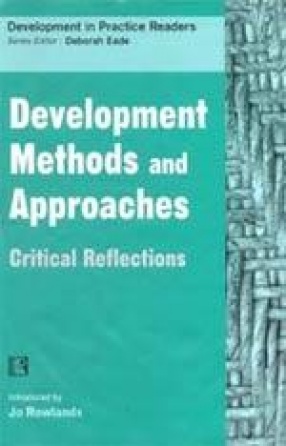
Many aid agencies adopt values-based approaches to development –requiring, for instance, that they should be rights-based, participatory, gender-equitable, and sustainable – but these approaches are often at odds with the methods that the agencies actually adopt. This selection of essays offer critical readings of fashionable tools such as Participatory Rural Appraisal (PRA) and Logical Frameworks, in addition to presenting less familiar methods. Two central ...

Civil-society organizations are playing an increasingly prominent role in promoting policy change in favour of poor people, whether through advocacy mobilization. In the global realignment following the end of the Cold war, the challenges is that of moving from mere protest and opposition to constructive forms of engagement, both with the State and with the private sector. Contributors to this book draw on experiences of social action from as far afield as ...

The Fiftieth anniversary of the 1948 Universal Declaration of Human Rights prompts a re-examination of the links between ‘development’ and the range of economic, social, political, and cultural rights that are enshrined within it. Chronic poverty is a flagrant denial of what the international community once hailed and security must rest. The papers in this collection consider, among other entitlements, the rights to food, adequate housing, safe employment, ...

Capacity-building is an integral part of development theory and practice. However, aid agencies that ignore people's existing strengths may create dependency, and so make people more vulnerable than before. This book considers specific and practical ways in which NGOs can contribute to enabling people to build on the capacities they already posses. It reviews the types of social organisation with which NGOs might consider working, and the provision of training in ...
